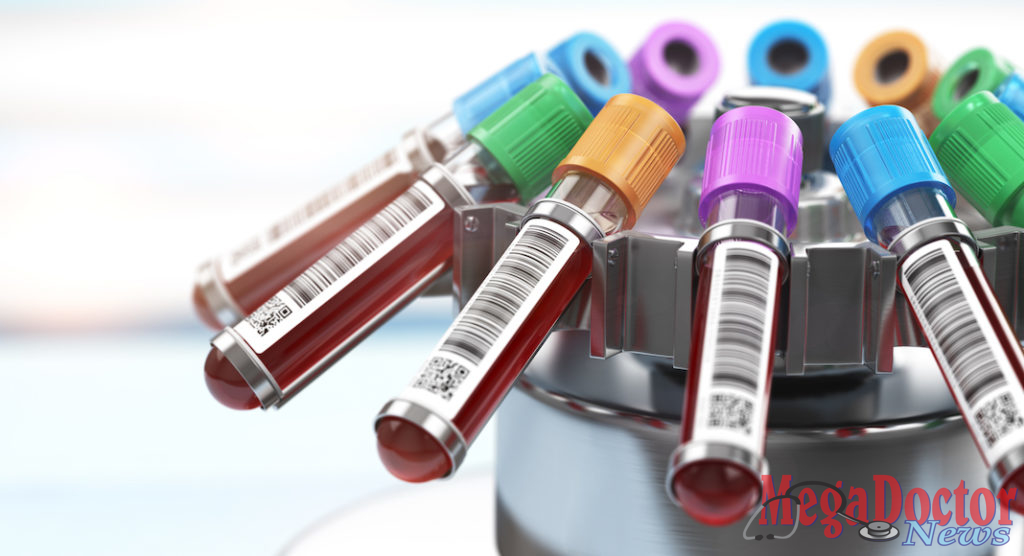
Mega Doctor News
By University of Texas Health Science Center at Houston
Newswise — A research team is the first in Texas to investigate whether plasma from COVID-19 survivors can be used in outpatient settings to prevent the onset and progression of the virus in two new clinical trials at The University of Texas Health Science Center at Houston (UTHealth).
Convalescent Plasma to Stem Coronavirus will assess whether convalescent plasma can prevent infection or severity of disease in outpatients including healthcare workers who have had a high-risk exposure to COVID-19. Convalescent Plasma to Limit SARS-CoV-2 Associated Complications will investigate whether plasma therapy can reduce hospitalization and death prior to hospitalization among adults who have tested positive for COVID-19 and have developed symptoms.

“With cases surging in Houston and Texas, it’s an optimal time to understand whether plasma therapy can prevent disease onset and progression,” said Bela Patel, MD, vice dean of healthcare quality and division director for critical care medicine at McGovern Medical School at UTHealth, and principal investigator of the trial. “In the first trial, we are studying whether convalescent plasma can prevent infection and subsequent disease in those who had close contact with individuals with COVID-19. In the second study, we are evaluating whether convalescent plasma can not only shorten the time of infection but also prevent patients from needing hospitalization or ending up in a critical care unit.” Patel is the executive medical director of critical care at Memorial Hermann-Texas Medical Center, where patients will be enrolled.
Plasma, which is the component of blood that carries cells and proteins throughout the body, from those who have recovered from COVID-19 infection can contain antibodies to the virus. The two Phase II, randomized, double-blind, placebo-controlled trials are led nationally by Johns Hopkins University and sponsored by the National Center for Advancing Translational Science, part of the National Institutes of Health.
The study Convalescent Plasma to Stem Coronavirus will assess the safety and efficacy of using the therapy for prophylaxis – prevention – of the disease, or to lessen severity of the symptoms, after someone has been exposed to it. It is limited to people age 18 and above who are at higher risk for severe illness, or who are health care personnel with high-risk exposure as defined by the U.S. Centers for Disease Control and Prevention.
“When transfused to patients with COVID-19, convalescent plasma can provide SARS-CoV-2 neutralizing antibodies they need to fight off the virus,” said Patel. “We’re trying to determine if, potentially in the future, someone exposed to COVID-19 could have a convalescent plasma transfusion to decrease their risk of infection, or prevent more serious complications from the disease.”
Convalescent Plasma to Limit SARS-CoV-2 Associated Complications is enrolling patients who have been diagnosed with COVID-19 to assess the safety and efficacy of plasma to reduce the duration of symptoms, risk of hospitalization, or death. The patient, age 18 and older, does not have to be at high risk for severe illness.
Co-investigators at McGovern Medical School are Henry Wang, MD, MPH, MS, in the Department of Emergency Medicine; and Luis Ostrosky, MD; Lilit Sargsyan, MD; Reeba Mathew, MD; Ruckshanda Majid, MD; and Farah Akhtar, MD, in the Department of Internal Medicine.
The trials build on previous research, including UTHealth research at Memorial Hermann Hospital System and Harris Health Lyndon B. Johnson Hospital under the Convalescent Plasma Expanded Access Program led by the Mayo Clinic, that has shown plasma from virus survivors can help critically ill patients recover.
“If you have survived COVID-19, you potentially hold the key to helping other people survive the virus as well,” Patel said. “Donating plasma is a wonderful opportunity to give back to the community and a tangible way to fight the virus in Houston. It is imperative that we collect as many plasma donations as possible because not every donation meets the requirements for use. The donation process is as easy as donating blood, and it is life-saving for many.”
UTHealth and Memorial Hermann have partnered with the Gulf Coast Regional Blood Center to screen and collect plasma.
To qualify to donate, you must:
- Be at least 18 years of age
- Be in overall good health, without any cold or flu symptoms
- Have had a positive COVID-19 diagnosis documented by a laboratory test
- Be fully recovered from COVID-19, with no symptoms for at least 14 days before the donation
For more details on donating convalescent plasma, visit here.
















